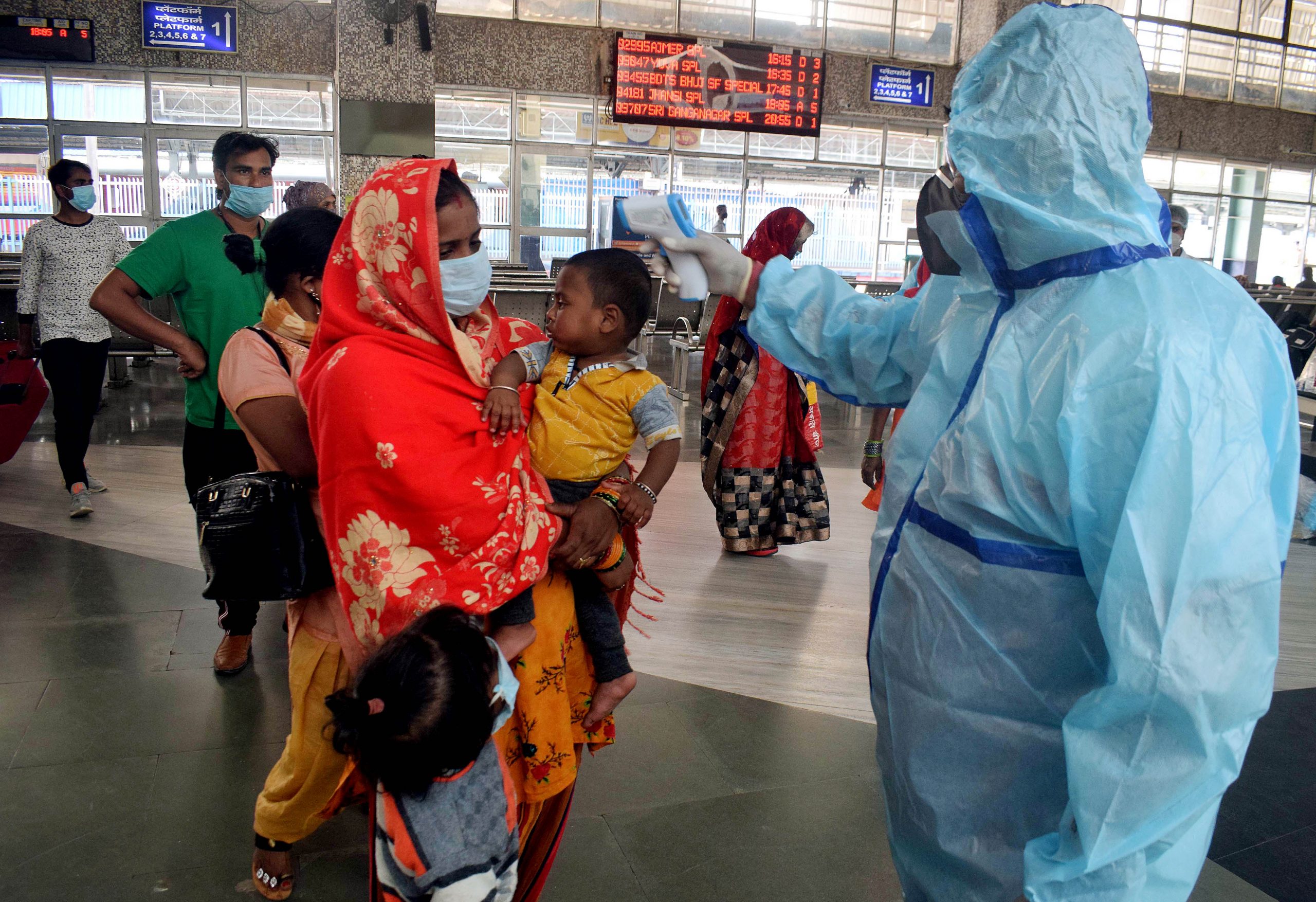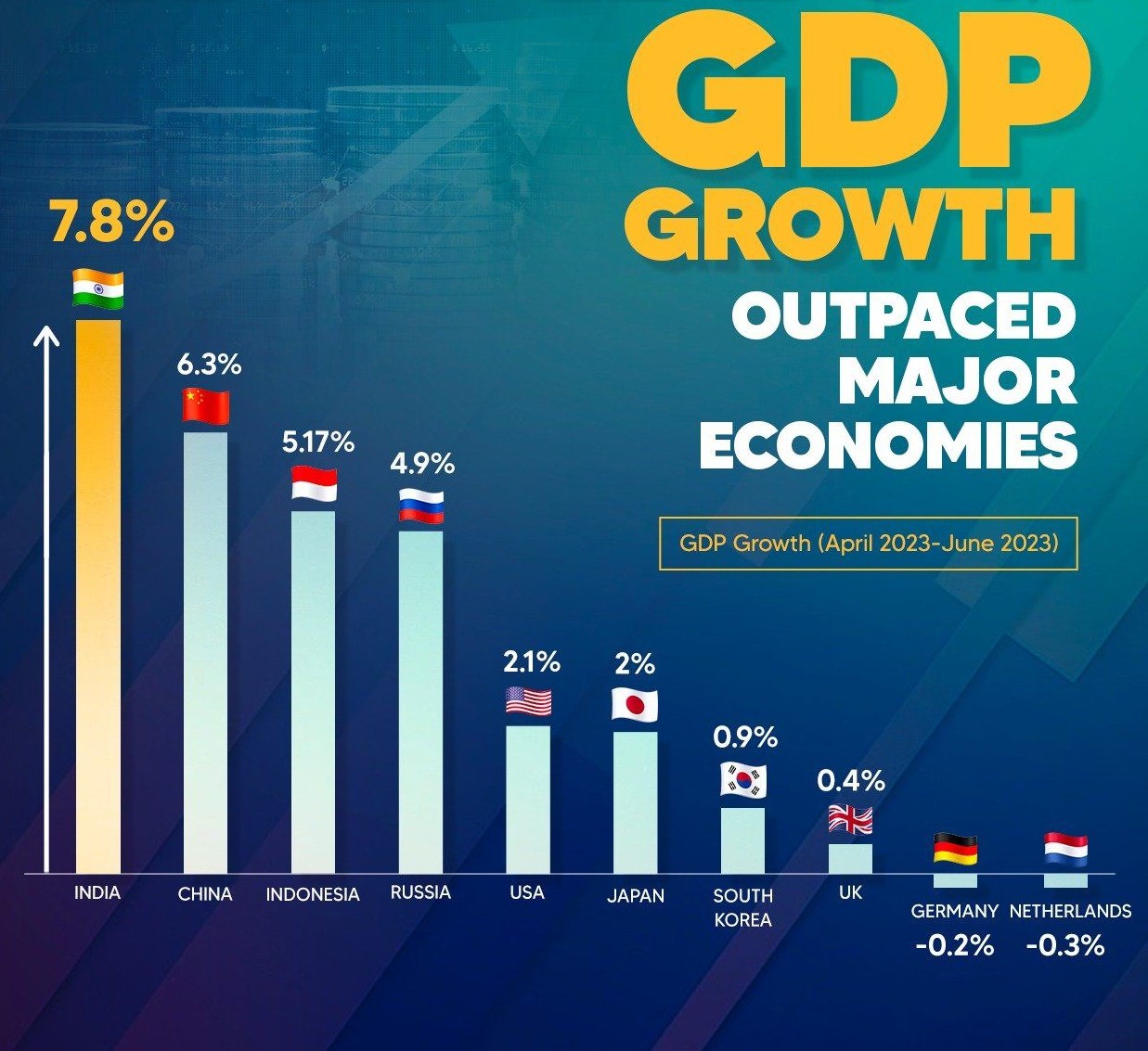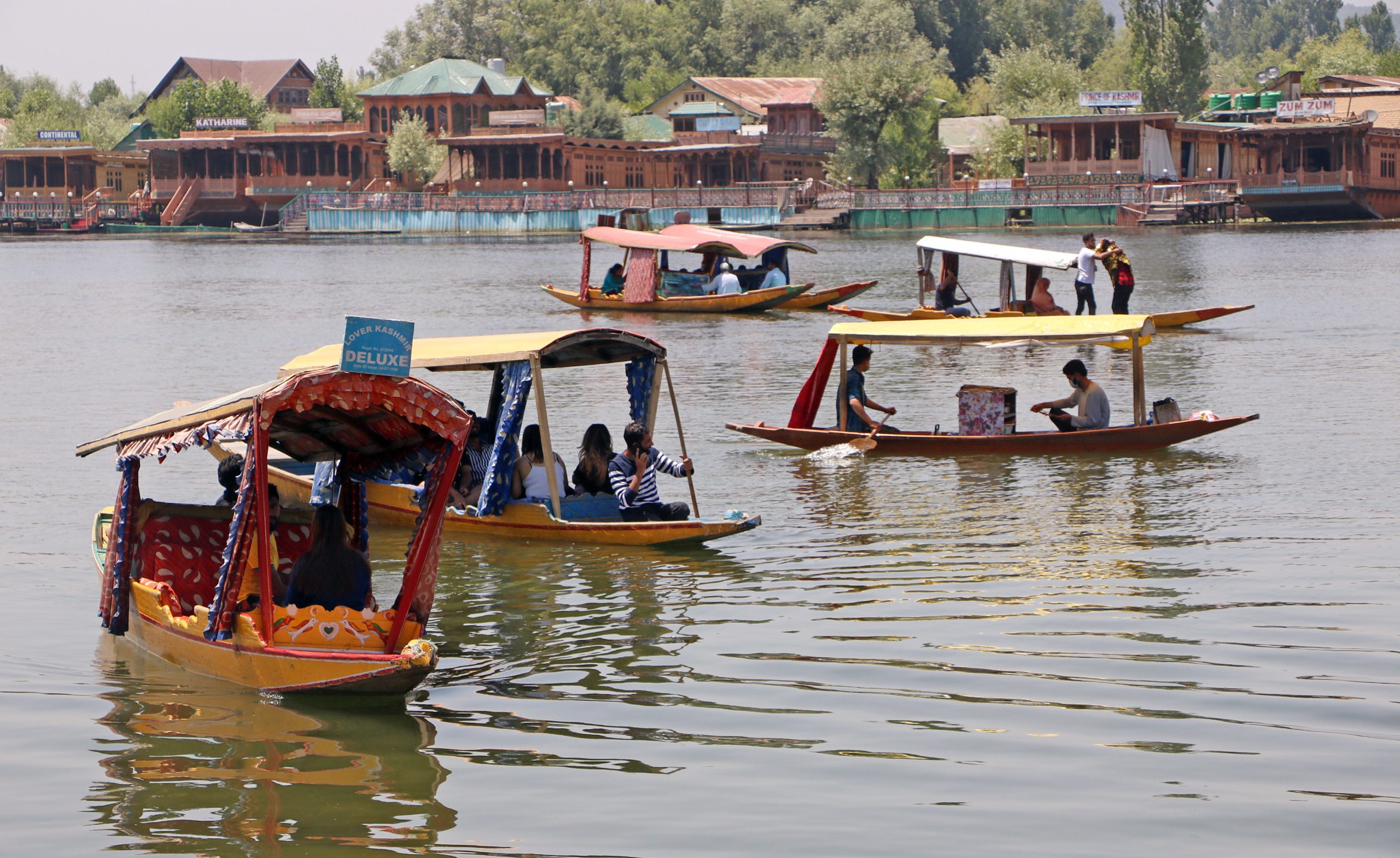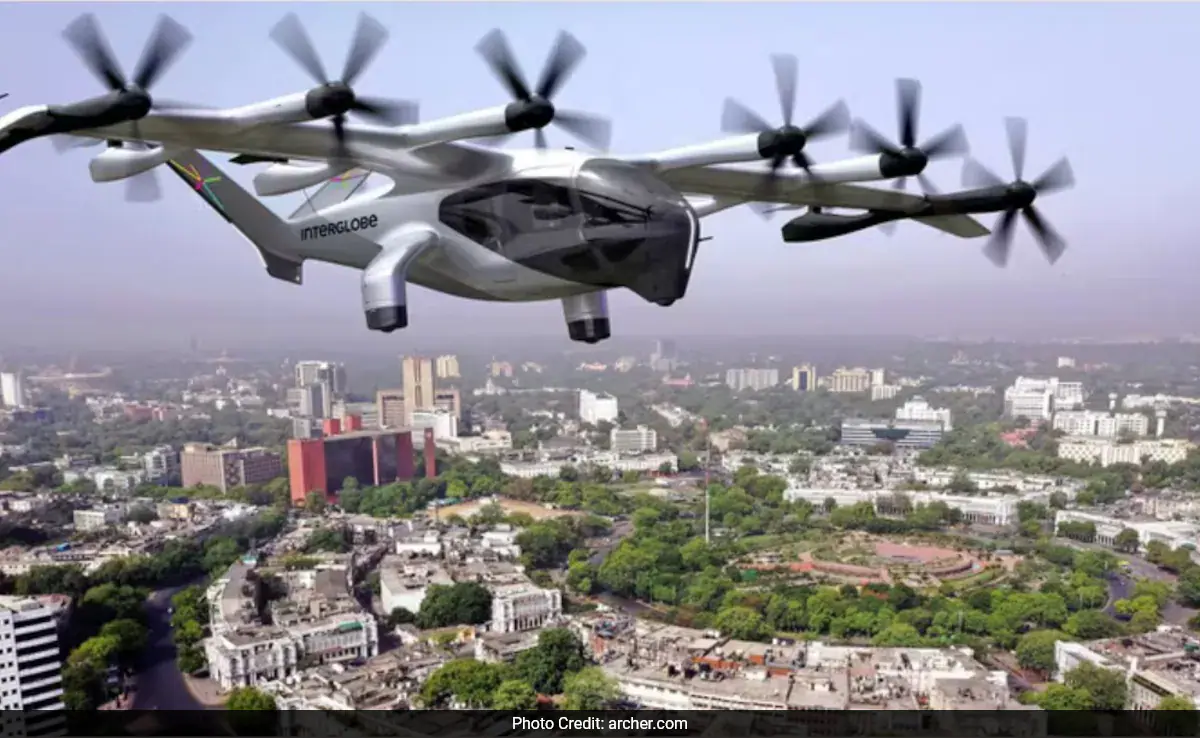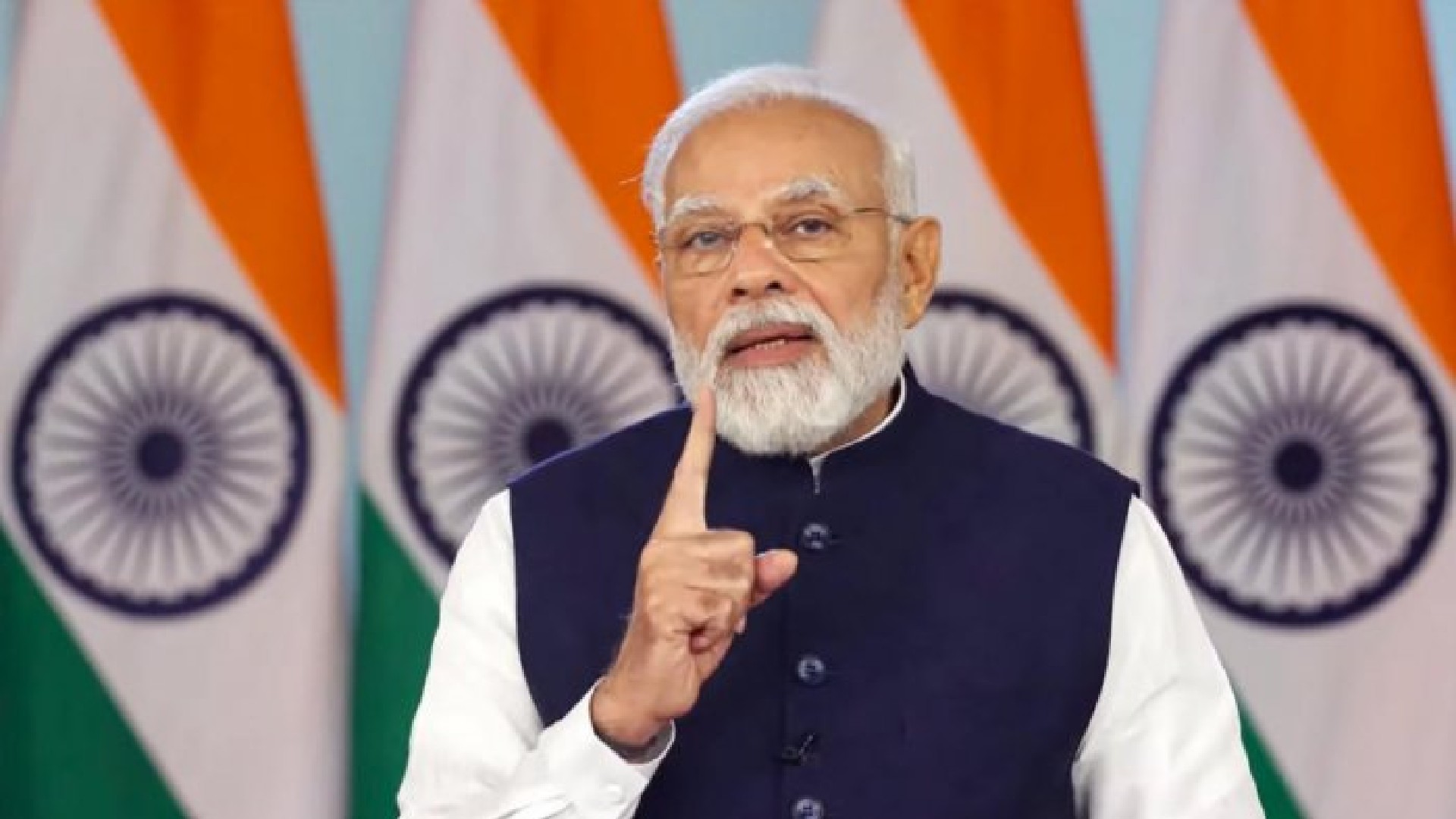On the positive side, sharp decline in pollution across the country: Report
Our Bureau
New Delhi
Contracting for the eighth consecutive month, the output of eight core infrastructure sectors dropped by 2.5 per cent in October, mainly due to decline in production of crude oil, natural gas, refinery products and steel. The production of eight core sectors had contracted 5.5 per cent in October 2019, data released by the commerce and industry ministry showed on Friday.
While coal, fertilizer, cement and electricity recorded positive growth, crude oil, natural gas, refinery products and steel registered negative growth in the month under review.
During April-October, the sectors’ output declined by 13 per cent as compared to a growth of 0.3 per cent in the same period of the previous year.
There are other signs of worry too. A study by Atlassian Corporation has found that 83% of employees in India are still nervous about going back to office in the absence of a Covid-19 vaccine and with restrictions still in place across cities.
The study — Reworking Work: Understanding the Rise of Work Anywhere — also found that Indian employees were more likely to want to work completely from home (66%) than any other country surveyed.
Many reported a sense of ‘relief’ being free from the “usual presenteeism of the office environment.” 70% of people reported their job satisfaction is better than before Covid-19 restrictions. In fact, 61% of employees find it manageable to effectively work from home during the Covid-19 restrictions.
86% of employees thought the members of their team feel closer to each other now, and 75% thought their team worked better together compared to pre-Covid. “The majority of Indian employees (89%) reported a feeling of unity and cohesion in their team. Another insightful revelation was that one in two (50%) of managers said their job security was much better now than before Covid-19,” the study said.
From an organizational perspective, 88% of Indian employees believed their company was already well prepared for returning to office, while 78% of the workforce in India were “annoyed that it took a pandemic to allow them to work from home.”
However, 81% of people in India say it’s more difficult to maintain boundaries between work and personal lives compared to 79% in Australia and 58% in the US. The study, commissioned by Atlassian and conducted by Australian research agency PaperGiant, surveyed 1,425 Indian participants from tier 1, 2 and 3 cities over four weeks in October.
In another important development, it has been revealed that Mobility restrictions due to the coronavirus and emergence of trends around home/remote office, education and entertainment have decluttered Indian cities that have seen a sharp reduction in travel in the months since the lockdown. The trend has also made the cities less polluted with reduced vehicular traffic as well as lower congestion roads, according to a study.
As work-, entertainment-, and education-from-home picked up, India witnessed a massive 69% decline in travel related to work/office, the highest fall among bigger economies, according to a Mobility Consumer Index Survey by EY.EY had conducted the survey with 3,300 respondents (500 in India) across nine countries — India, China, Italy, Singapore, South Korea, Sweden, Germany, the UK & the US — to explore the impact of Covid on consumer attitude and behavior.
The survey showed that the fall in work travel was mirrored almost parallelly by the reduction in social travel that declined by 59% and household travel that fell by 58%.
According to the survey, average weekly travel time has come down by 40% from 6 hours to 3.7 hours per person. Of the nine countries surveyed, India and Singapore witnessed the maximum decline in average weekly commute time. EY said that a long-term decline in commuting time could mean a lower peak demand and less strain on public transport systems and road networks. “This profuse reduction in use of public transport and road networks brings forth a challenging situation for the trains, buses and subway operators that find it difficult to generate enough revenue to meet their operational costs which have already risen due to Covid-19 control measures that were instituted into the system.”
EY analysis indicated that monthly per capita emissions of carbon dioxide fell globally across all three travel segments, broadly tracking the decline in journey numbers noted. Vinay Raghunath, automotive sector leader at EY India, said the change in mobility dynamics and consumer behavior will push stakeholders to think through new operating models.

















